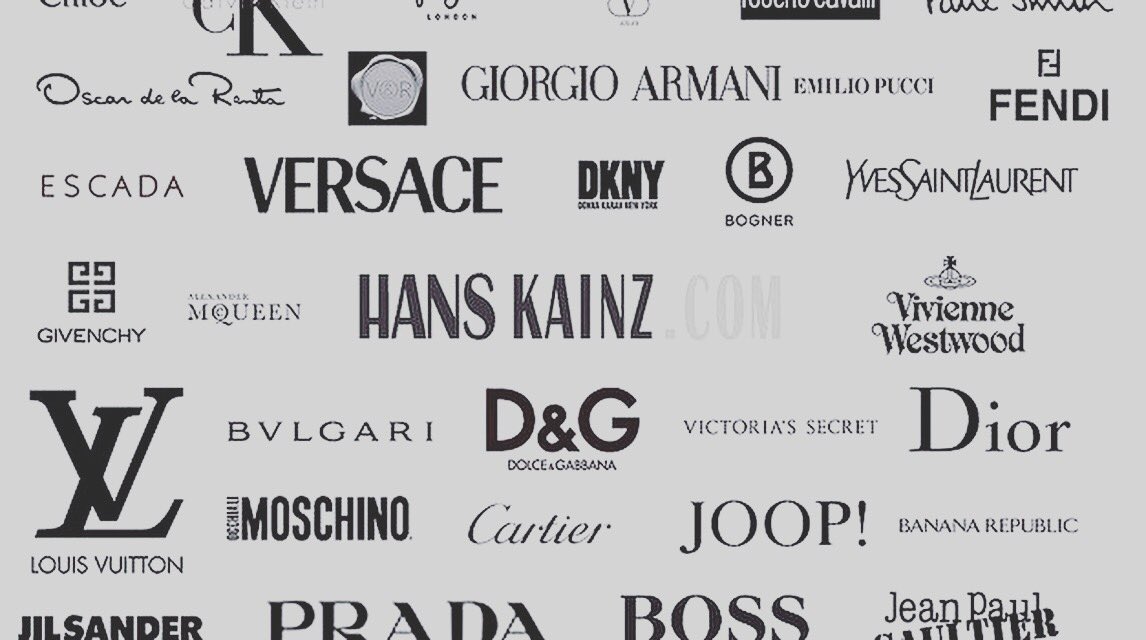
Expensive fashion brands, also known as luxury or high-end fashion brands, are known for their exceptional quality, craftsmanship, and exclusivity. These brands command high prices for their products, which often include clothing, accessories, and other fashion items. In this article, we will explore the characteristics of expensive fashion brands, the influence they have on the industry, their customer base, and the future outlook for luxury fashion.
Top Expensive Fashion Brands Globally
Fashion Powerhouses
- Chanel: Known for its classic elegance and iconic designs, Chanel is a leader in haute couture and ready-to-wear fashion.
- Gucci: A fashion powerhouse that offers a blend of tradition and modernity, Gucci is renowned for its bold designs and luxurious products.
- Louis Vuitton: Louis Vuitton is famous for its iconic monogram and luxury leather goods, including handbags and luggage.
High-End Fashion Designers
- Dior: Dior is known for its sophisticated and timeless designs, particularly in the realm of women’s fashion.
- Prada: Prada’s minimalistic and sleek designs have made it a staple in the world of luxury fashion.
- Hermès: Hermès is synonymous with luxury leather goods, particularly its Birkin and Kelly bags.
Emerging Luxury Brands
- Balenciaga: Known for its avant-garde designs, Balenciaga has gained a significant following in recent years.
- Off-White: Off-White, led by Virgil Abloh, combines streetwear with high fashion and has become a prominent luxury brand.
Characteristics of Expensive Fashion Brands
Exceptional Craftsmanship and Quality
- Handmade Production: Luxury fashion brands often use handmade production methods to ensure the highest quality.
- Attention to Detail: Attention to detail is paramount, with intricate stitching and finishing touches.
Exclusive and Limited Editions
- Limited Quantities: Expensive fashion brands produce limited quantities of certain items to maintain exclusivity.
- Seasonal Collections: Seasonal collections feature new designs and themes, appealing to fashion enthusiasts.
Iconic Designs and Branding
- Signature Styles: Luxury brands have signature styles and designs that are instantly recognizable.
- Iconic Logos: Distinctive logos and branding contribute to the allure and prestige of these brands.
Influence on the Fashion Industry
Trendsetting and Innovation
- Setting Trends: Luxury fashion brands often set trends that influence the entire fashion industry.
- Innovative Designs: These brands are known for pushing the boundaries of design and creativity.
Collaborations and Partnerships
- Designer Collaborations: Collaborations with artists and designers lead to unique and sought-after collections.
- Luxury Partnerships: Luxury brands may partner with other high-end companies for special projects.
Customer Base of Luxury Fashion Brands
Affluent Consumers
- High-Net-Worth Individuals: Luxury fashion brands cater to high-net-worth individuals and affluent consumers.
- Fashion Enthusiasts: Those with a passion for fashion are drawn to luxury brands for their exclusivity and quality.
Global Reach
- International Markets: Luxury fashion brands have a strong presence in international markets, including Asia and the Middle East.
- Online and In-Store Shopping: Brands offer both online and in-store shopping experiences to reach a wide customer base.
Pricing Strategies
Premium Pricing
- High Price Points: Luxury brands set premium price points to reflect the quality and exclusivity of their products.
- Perceived Value: High prices contribute to the perceived value and prestige of the brand.
Price Discrimination
- Tiered Pricing: Brands may offer products at different price points to appeal to a broader range of consumers.
- Limited Time Offers: Limited-time offers and exclusive promotions create urgency and drive sales.
Ethical and Sustainable Practices
Sustainable Sourcing
- Ethical Materials: Many luxury brands prioritize ethical sourcing of materials such as leather and textiles.
- Sustainable Production: Brands are increasingly adopting sustainable production methods to minimize their environmental impact.
Social Responsibility
- Community Engagement: Some luxury brands engage in community initiatives and charitable endeavors.
- Diverse Representation: Brands are making efforts to embrace diversity and inclusivity in their campaigns and collections.
Role of Marketing and Branding
Storytelling and Heritage
- Brand Narrative: Luxury brands use storytelling to convey their heritage and values to consumers.
- Legacy and Tradition: The legacy and tradition of these brands add to their allure and desirability.
Advertising and Campaigns
- High-Quality Campaigns: Luxury brands invest in high-quality advertising campaigns featuring top models and photographers.
- Digital Marketing: Digital marketing strategies, including social media and influencer collaborations, help reach new audiences.
Celebrity Endorsements
Influential Figures
- Celebrity Collaborations: Collaborations with celebrities and influencers enhance the appeal of luxury brands.
- Ambassadorships: Some luxury brands appoint celebrities as brand ambassadors to promote their products.
Red Carpet and Events
- Red Carpet Appearances: Luxury brands often provide clothing and accessories for celebrities to wear on red carpets.
- High-Profile Events: Sponsoring high-profile events such as fashion weeks and awards shows increases brand visibility.
Challenges and Controversies
Counterfeit Products
- Intellectual Property Infringement: Counterfeit products pose a challenge to luxury fashion brands and their intellectual property rights.
- Brand Dilution: Counterfeit goods can dilute a brand’s image and reputation.
Social and Environmental Criticisms
- Labor Practices: Some luxury brands have faced criticism for their labor practices in manufacturing.
- Environmental Impact: The environmental impact of luxury fashion, including waste and pollution, has been a concern.
Future Outlook for Luxury Fashion
Technological Advancements
- Digital Innovation: Advances in technology, such as augmented reality and virtual reality, may reshape the luxury fashion experience.
- E-commerce Growth: The growth of e-commerce presents opportunities for luxury brands to expand their online presence.
Sustainable and Ethical Practices
- Sustainability Initiatives: Luxury brands are expected to continue adopting sustainable practices in production and sourcing.
- Ethical Fashion: Ethical fashion, including fair labor practices and animal welfare, will become increasingly important.
Global Expansion
- Emerging Markets: Luxury fashion brands may expand further into emerging markets such as China and India.
- Localized Experiences: Brands may tailor their offerings to suit the tastes and preferences of different markets.
